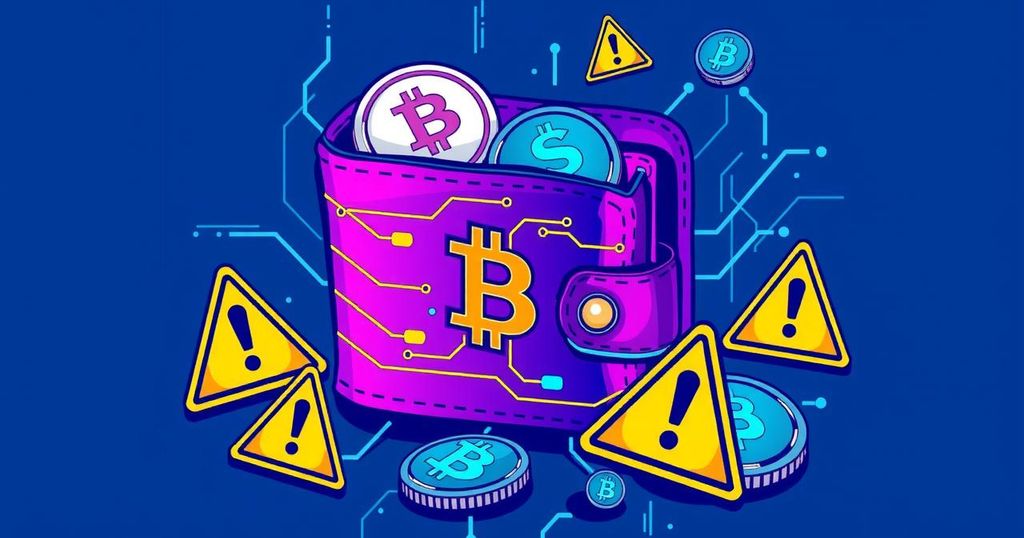5 Cryptocurrency Scams to Watch Out for
As cryptocurrency usage grows, scams are on the rise, costing Americans over $9 billion in 2024. Understanding the digital currency’s nature, including its volatility and irreversible transactions, can help individuals identify potential fraud. Being informed and cautious is crucial to avoiding scams in this rapidly changing financial landscape.
Cryptocurrency seems to be everywhere lately, with around 17% of adults in the U.S. reportedly buying or trading it. But while interest in digital currencies is blossoming, it’s also attracting a wave of cybercriminals. In fact, 2024 saw Americans suffer losses exceeding $9 billion due to scams related to cryptocurrency.
Understanding cryptocurrency and how it operates is crucial to spotting potential scams. Cryptocurrency refers to digital currency bought and sold through exchanges on the blockchain. Unlike physical cash, it exists only in the digital domain, kept securely in wallets or vaults online.
There are many types of cryptocurrencies, but Bitcoin and Ethereum tend to lead the pack. However, it’s important to note that cryptocurrencies aren’t considered legal tender in the U.S.; businesses aren’t obligated to accept them as payment. Furthermore, unlike traditional currency, cryptocurrencies aren’t backed by any government, which contributes to a value that can fluctuate wildly based on supply and demand.
An additional risk factor is that cryptocurrency transactions are usually irreversible. Sure, refunds are possible, but they depend entirely on whether the recipient is inclined to offer one; there’s no legal requirement for them to do so. This unique characteristic, combined with lower regulatory oversight compared to other payments, can make digital currencies attractive to fraudsters.
Awareness is key. By understanding how cryptocurrency works and the common scams associated with it, investors can better protect themselves from falling victim to fraud. Practicing caution and vigilance in the crypto space can significantly reduce your chances of being scammed.




Post Comment